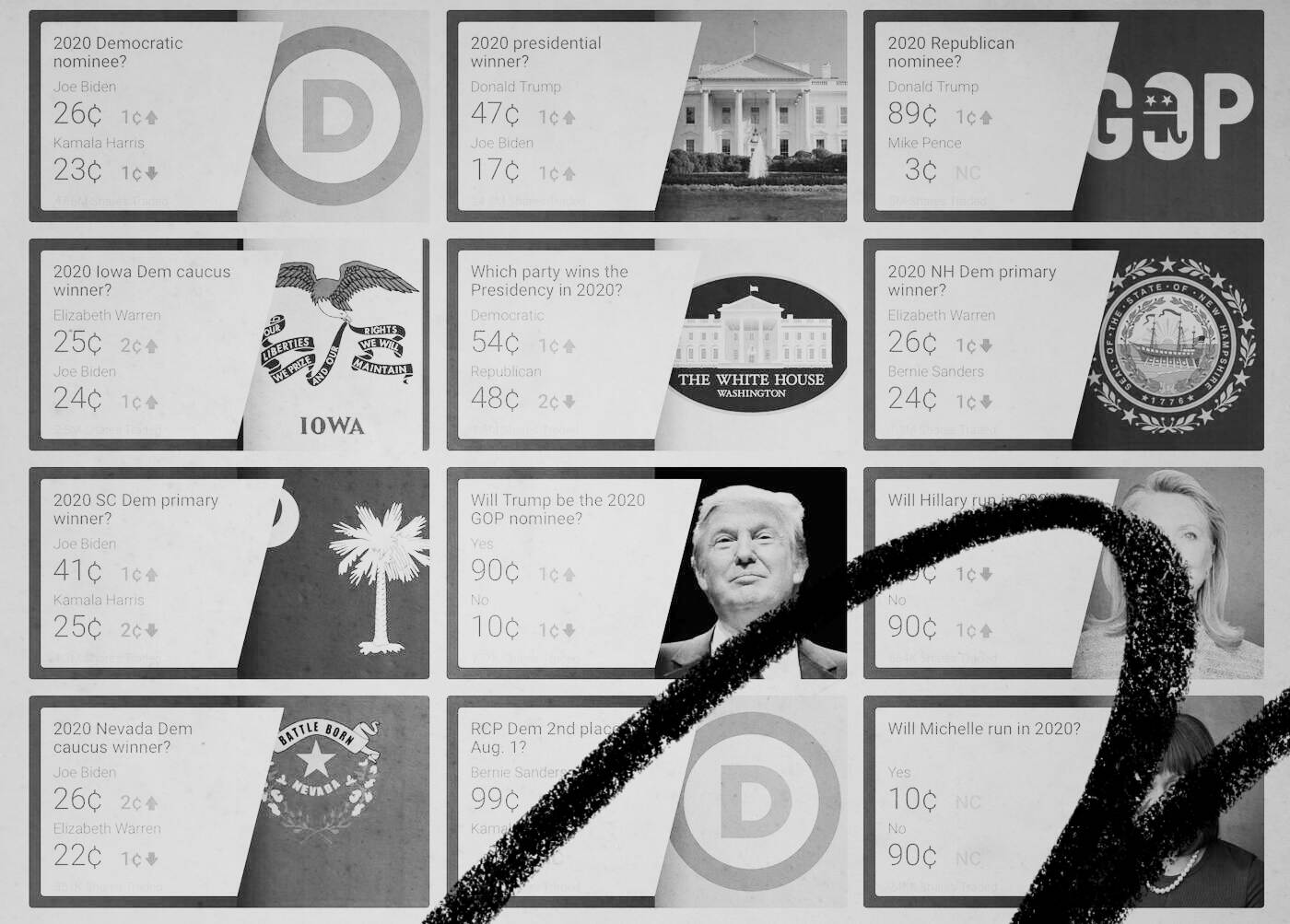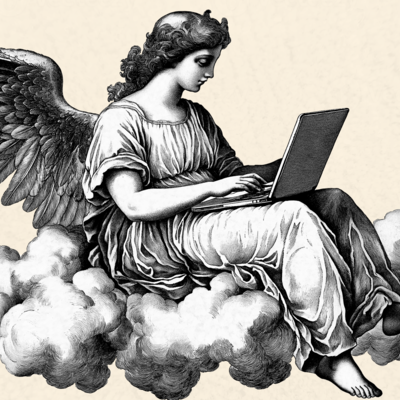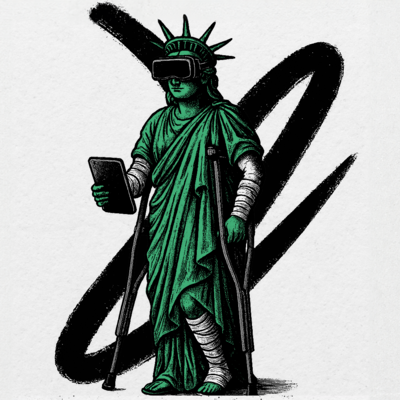
Hey all - Adam here. Hope everyone is staying sane during the past couple days. This week I have a post by Conor Durkin about political betting markets. Hopefully you can learn something about why the election was predicted in certain ways — I know I did. Let me know what you think through the form at the bottom. Enjoy!
Welp, it’s a nail-biter. Yet again, despite the predictions of polls and pundits, there was no blue wave and no clear landslide victory last night, and there’s not likely to be a clear winner for days. Why are we so bad at predicting politics?
Pundits are motivated by ratings. Pollsters struggle to get enough voters to answer questions, they may be asking the wrong questions, and they might be lied to anyway. As Democratic strategist Chris Kofinis put it: “Polling is as much an art as a science; unfortunately some artists are really bad, and others ignore the science.”
This year, as the election drew near, Nate Silver’s political forecasting site 538—which uses polling and other data sources, like economic indicators, to make predictions—gave Vice President Biden roughly an 89% chance of winning. 538 has a pretty good track record, and though there are disagreements in methodology, another statistical model, from The Economist, put Biden at 91%. But polling models, including 538’s, were wrong in 2016, and looking at the map now, faith in the power of their predictions is falling fast, even if Biden does ultimately prevail, as he now looks likely to.
Beyond the models, last night also showed a lot of attention going towards a newer data source for predicting election results — betting markets. Just like in horse racing, a candidate’s odds in a betting market could tell us something about their probability of winning. One online political betting service, PredictIt, put President Trump’s chance of winning as high as 40% (to 538’s 10%) as of the day of the election. Betfair, out of the U.K., puts Trump at 33%. As of this morning, political betting markets give Trump a 25-30% chance.
No state in the country has legalized political betting, but as they become more well known, it’s worth taking a closer look at whether the betting markets overseas might be better forecasters than our polls and pundits. Is political betting the future of predicting politics?
What is a prediction market?
There are two basic markets in which you might bet on politics. The first is at a sportsbook, many of which offer political wagers alongside their traditional sports and horse racing wagers (some have tried to legalize a political sportsbook in the U.S). The second is in a prediction market.
Like a sportsbook, prediction markets are places where individuals can place bets (or ‘trade contracts,’ depending on how heavy you like your euphemism). Unlike a sportsbook, however, in prediction markets prices are entirely determined by the participants trading in the market—an order book matches buyers and sellers so that the prices a market trades at are whatever clear the market. This is similar to how most other financial markets work, except the securities you’re trading are bets on the likelihood that a real-world event occurs.
Typically, a prediction market contract pays out $1 if an event occurs or $0 if it does not; the probability of the event can then be understood to be whatever price the contract is trading at[1]. Prediction markets allow individuals to profit by making more accurate predictions than the 'wisdom of the crowd' would as a whole—if individuals think an event is more likely to occur than its trading price implies, they can buy shares at that price, and make a profit if they’re right. Conversely, prediction markets can also add credibility to individuals’ predictions, or hold them accountable for outlandish predictions. Talk is cheap. But if they think the market is wrong, are they willing to put skin in the game?
As with sportsbooks, legality of prediction markets varies in the U.S.. The best known legal political prediction market is PredictIt, an online exchange run by Victoria University in New Zealand (which received CFTC approval to operate ‘for research purposes’ so long as they enforced string limits on trading). In the U.K., Betfair provides another useful example (unlike most sportsbooks, Betfair's prices are set by matching buyers and sellers of wagers as a market would, rather than having a bookmaker take all wagers). These markets allow people to wager on a variety of contracts related to politics ("2020 presidential election winner," "will California Prop 22 be approved in 2020," "which party will win Pennsylvania in 2020," "total turnout in the presidential election," to name a few).
What makes a good prediction market?
The Only Subscription
You Need to
Stay at the
Edge of AI
The essential toolkit for those shaping the future
"This might be the best value you
can get from an AI subscription."
- Jay S.
Join 100,000+ leaders, builders, and innovators

Email address
Already have an account? Sign in
What is included in a subscription?
Daily insights from AI pioneers + early access to powerful AI tools










Comments
Don't have an account? Sign up!